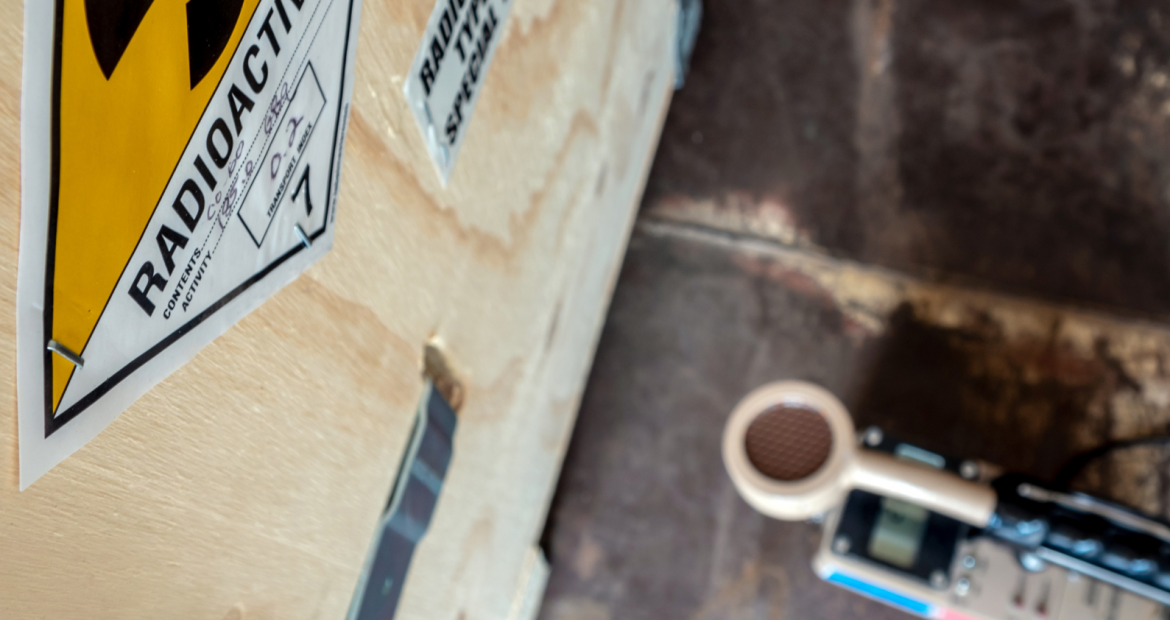Radiation detectors play a crucial role in various fields such as nuclear power plant monitoring and environmental protection. One of the most controversial aspects of these devices is their efficiency.
Understanding radiation detectors and their efficiency is essential to optimise their performance and ensure accurate measurements. This article will look at what factors influence their efficiency and the importance of these factors in their practical application.
What is the efficiency of radiation detectors?
The efficiency of a radiation detector refers to the ability of a detector to accurately measure the radiation to which it is exposed. Specifically, it is defined as the ratio of the number of radiation events detected to the number of radiation events that actually occurred. This metric is crucial because it determines the effectiveness in capturing and quantifying radiation.
It is usually expressed as a percentage, with higher percentages being more efficient detectors. There are two main types of efficiency
- a) Absolute: the ratio of the number of radiation events detected to the total number of events emitted by a source.
- b) Intrinsic: This refers to the ratio of the number of events detected to the number of events reaching the detector, taking into account factors such as geometrical configuration and shielding.
What factors can influence efficiency?
There are several factors that can affect the efficiency of radiation detectors, among them:
Associated with the detector itself.
- Material: Different materials interact with radiation in different ways. Materials with higher atomic numbers (Z) tend to be more efficient at detecting certain types of radiation because they have a higher probability of interacting with and absorbing radiation.
- Size: Larger or appropriately shaped detectors better capture radiation from the source or will therefore have higher efficiencies.
- Design, including thickness, density and the presence of any coating or window, affects the efficiency with which the detector can capture and measure radiation.
Radiation-related
In addition to the detector itself, the type of particular radiation must also be taken into account: different types of radiation (alpha, beta, gamma, neutrons) interact with detectors in different ways. For example, alpha particles are easily absorbed and therefore require detectors with high sensitivity to surface interactions, while gamma rays require materials with high Z-values for better absorption.
Environmental circumstances:
Temperature, pressure and other environmental conditions can influence detector efficiency. For example, extreme temperatures can affect the electronics of a detector, altering its performance.
Why is it important to achieve high efficiency in radiation detectors?
In general, efficient detectors ensure that a high percentage of radiation events are captured and measured, resulting in more accurate and reliable data. The importance of high efficiency differs from one field of application to another.
– Safety: In applications such as nuclear power plant monitoring or environmental assessment, accurate detection is crucial for safety and regulatory compliance.
– Medical applications: In medical imaging, efficient detectors are essential to produce high-quality images and minimise patient exposure to radiation.
– Research: In scientific research, particularly in fields such as particle physics and astrophysics, detector efficiency can significantly influence the validity of results.
By understanding the factors that influence efficiency and taking steps to improve it, we can ensure more accurate measurements, improve safety and advance scientific research. As the technology evolves, we can expect continued improvements in detector materials, design and overall efficiency, which will further expand the potential applications of these critical devices.
If you want to read more about radiation detection, check out our blog.
At Helgeson we have years of experience in the industry. We look forward to hearing from you. If you need expert advice, guidance or have any questions, please do not hesitate to contact us.

